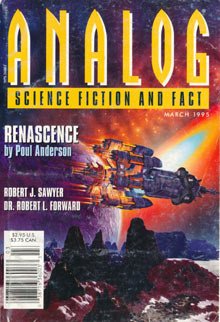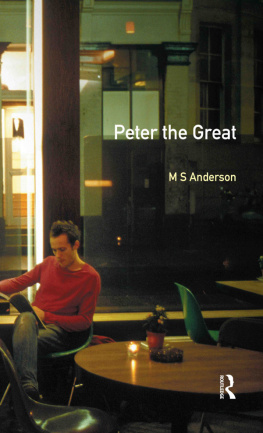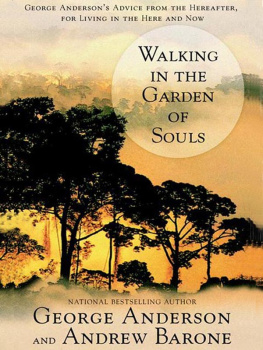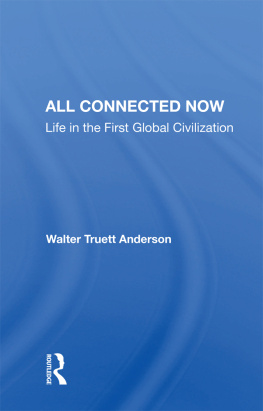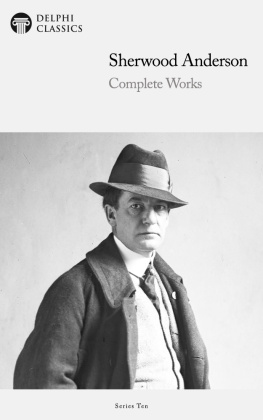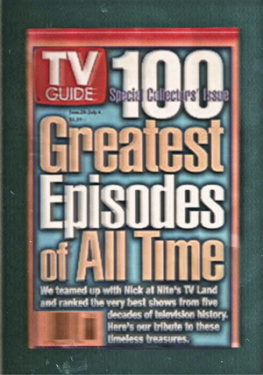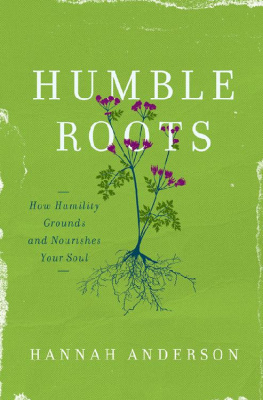An Historians LifeFor
Alex
An Historians Life
Max Crawford and the Politics of Academic Freedom
Fay Anderson
MELBOURNE UNIVERSITY PRESS
An imprint of Melbourne University Publishing Ltd (MUP Ltd)
187 Grattan Street, Carlton, Victoria 3053, Australia
www.mup.com.au
First published 2005
Text Fay Anderson, 2005
Illustrations Belong to the individual copyright holder as
acknowledged in the text.
Design and typography Melbourne University Publishing Ltd 2005
This book is copyright. Apart from any use permitted under the Copyright Act 1968 and subsequent amendments, no part may be reproduced, stored in a retrieval system or transmitted by any means or process whatsoever without the prior written permission of the publishers.
Designed by Phil Campbell
Typeset in Utopia by J&M Typesetting
Printed by University of Melbourne Design & Print Centre
National Library of Australia Cataloguing-in-Publication entry
Anderson, Fay.
An historians life : Max Crawford and the politics of academic freedom.
Includes index.
ISBN 0 522 85153 3. (paperback)
ISBN 0 522 85154 1. (e-book)
1. Crawford, R. M. (Raymond Maxwell), 1906-1991. 2. University of Melbourne. Dept. of History - Employees - Biography. 3. Historians - Australia - Biography. 4. Academic freedom - Australia. 5. History - Study and teaching (Higher) - Victoria - Melbourne. 6. Liberalism - Australia. I. Title.
994.0072
Contents
List of abbreviations
ABC | Australian Broadcasting Commission |
ACCL | Australian Council of Civil Liberties |
AIF | Australian Imperial Force |
ADB | Australian Dictionary of Biography |
ANU | Australian National University |
ASIO | Australian Security Intelligence Organisation |
CPA | Communist Party of Australia |
FAUSA | Federation of Australian University Staff Associations |
MI5 | Military Intelligence Service, section 5 |
MUSA | Melbourne University Staff Association |
MUP | Melbourne University Press |
NAA | National Archives of Australia |
NLA | National Library of Australia |
SRC | Students Representative Council |
UMA | University of Melbourne Archives |
VOKS | All Union Association for Cultural Relations with Foreign Countries |
WEA | Workers Educational Association |
Acknowledgements
There are many people to thank for assisting and inspiring me in this endeavour. They include: Liz Agostino, Perrie Ballantyne, Tony Birch, Andy Brown-May, Robert Dare, Don Garden, June Factor, Barbara Falk, Patricia Grimshaw, Ken Inglis, Jamie Mackie, Janet McCalman, Peter McPhee, Carolyn Rasmussen, Ron Ridley, Richard Selleck, Ann Standish, Richard Trembath, Graham Willett, Sara Wills and Bart Ziino. Colleagues in the History Department and Australian Centre have generously commented on my work in progress and provided guidance. My particular thanks to Stuart Macintyre who was a great supervisor and continues to offer advice and encouragement. Thank you also to the Director of the Centre, Kate Darian-Smith for providing me with the support and time to see the work to completion and Roger Averill who emphasised the books contradictions and flaws, with humour.
I am also indebted to the many people who granted me interviews: the late Clem Christesen, the late Nina Christesen, the late Dymphna Clark, the late Lloyd Churchward, Ken Crawford, the late Lloyd Evans, Sheila Fitzpatrick, Frank Ford, Betty Hayes, Donald Horne, Laurie OBrien, June Phillip, John Poynter, the late Geoffrey Serle, Geoffrey Sharp, Nonie Sharp, Barry Smith, Valerie Tarrant, Arthur Turner and Cynthia Turner. My sincere gratitude goes to Ian Crawford and Margaret Cheshire who allowed me to intrude in their lives, generously offering important information and correcting the inconsistencies in my work.
Over many years the staff at the National Library of Australia and the National Archives of Australia have been most helpful. I am particularly grateful to the University of Melbourne Archives for providing me with advice and access to their collections. Special thanks go to past and present staff members, most notably Cecily Close, Sue Fairbanks, Michael Piggott, Mark Richmond and Jason Benjamin. The staff at Melbourne University Publishing have been wonderful. Thank you to the publisher Louise Adler, Amanda Finnis, Nathan Katz and Monica Dux, who is always so encouraging.
To Sue Lake, Deanne McLaren and the Gin Club for their unerring patience and understanding when I have been distracted, exhausted and simply annoying. Final thanks I owe to my parents, and Alex who has lived with this research for much of his life.
Max Crawford at Oxford
H ILL AND S AUNDERS : O XFORD
Introduction
In 1952, at the height of the Cold War, Colonel Charles Spry, the Director of the Australian Security Intelligence Organisation (better known as ASIO), instructed his agents to vet all academics at Australian universities. I am sure that you will readily appreciate, Spry wrote to Robert Menzies, the Prime Minister at the time, the inadvisability of employing, in any University, lecturers who are likely to infect students with subversive doctrines. Politicians, public agencies (most notably ASIO) and the press had hounded suspect intellectuals and advanced the notion of manipulative academics for years.
Raymond Maxwell Crawford (who was always known as Max), one of Australias pre-eminent historians, was considered highly suspect; his career was sometimes under siege and views often vilified. As both a participant in and observer of many decisive episodes of the eraEurope in the midst of the Depression, America and Russia at the height of World War II, post-war reconstruction and the Cold War in AustraliaCrawford was regarded as a radical and outspoken defender of intellectual autonomy. A study of his life provides insight into one mans experience in the midst of political turmoil and change and the backlash against the intellectual community that these events inspired. The trajectory of Crawfords political experiences suggests the changing nature of Australian progressive liberalism and the precarious state of intellectual freedom.
This is the first lengthy biographical study of Max Crawford. His life and legacy have attracted considerable attention; he has been described as a profound influence in Australia and a man who raised the quality of its intellectual life. But in other accounts of public life in the middle decades of the twentieth century, he is no more than a peripheral bit-player. These different estimates and the reasons for his faded acclaim raise intriguing questions. Despite Crawfords diminished fame, his legacy casts an enduring shadow on subsequent generations of historians and public figures.




